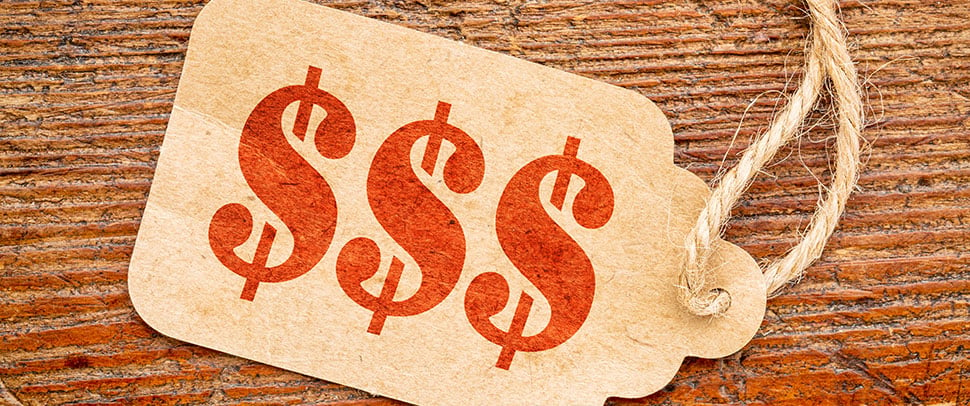
There was a time when I bought the same exact vacuum cleaner three times. I had a tight budget, and I really liked that lower price tag.
What I didn’t like was how that vacuum cleaner kept breaking down. After tossing the third one into the trash, I realized I needed to get a more efficient vacuum cleaner. I found a more expensive, better quality one that I’ve had longer than I had all three less-expensive ones put together.
I teach a workshop for SAFE called Savvy Shopper, and I share that story to show that in some cases, buying cheap will cost you more in the long run. Had I invested the time to research vacuums and bought the better quality one up-front, I would have saved money and a lot of hassle.
Knowing when you can buy cheap and when it’s best to pay extra for higher quality takes insight into your budget and your needs. There are things you can easily save money on, like generic food brands, cleaning products, and other everyday items. But there are some items you just can’t go cheap on. In some cases, those items may depend on your individual situation. For instance, I can be hard on shoes, so I personally need to buy higher-quality shoes if I want them to last. And a few years ago, I bought an adjustable mattress. I used to swear those were for older people. But I had problems sleeping and I gave an adjustable mattress a try. I started sleeping so much better, and it turned out to be worth the money for me.
Being a savvy, smart shopper is more than comparing prices and reading product reviews. It takes planning and budgeting.
Here are some of my favorite tips.
- Never shop on the fly or you’ll spend more than you anticipated. Remember, saying yes to an item now that you didn’t plan for may be saying no to a necessity you’ll need later.
- Make a list. Then sleep on it. This gives you time to consider whether you really need what you want. Maybe you already have something in your closet that will work or you can come up with another plan instead of buying that big-ticket item right now.
- Know your budget. The best way to shop is to have the money already set aside for what you need. But sometimes life tosses problems your way and you can’t wait the time it will take to save for a new refrigerator or dishwasher. If you’re going to use a credit card, have a plan to repay it in as short a time as possible so it doesn’t turn into lingering debt. Also be aware of the 30 percent rule for credit cards. If you have balances of more than 30 percent of your available credit on a credit card, it will bring your credit score down.
- For more expensive purchases, plan how you’ll pay for them, either on the front end by saving, or on the back end if you have to make an emergency purchase. Have a plan so the purchase won’t put you in substantial debt or be such a strain that you can’t provide.
Shopping can take a lot out of you, and things are expensive these days. Use your time and money wisely and shop smart with a budget and a plan.



